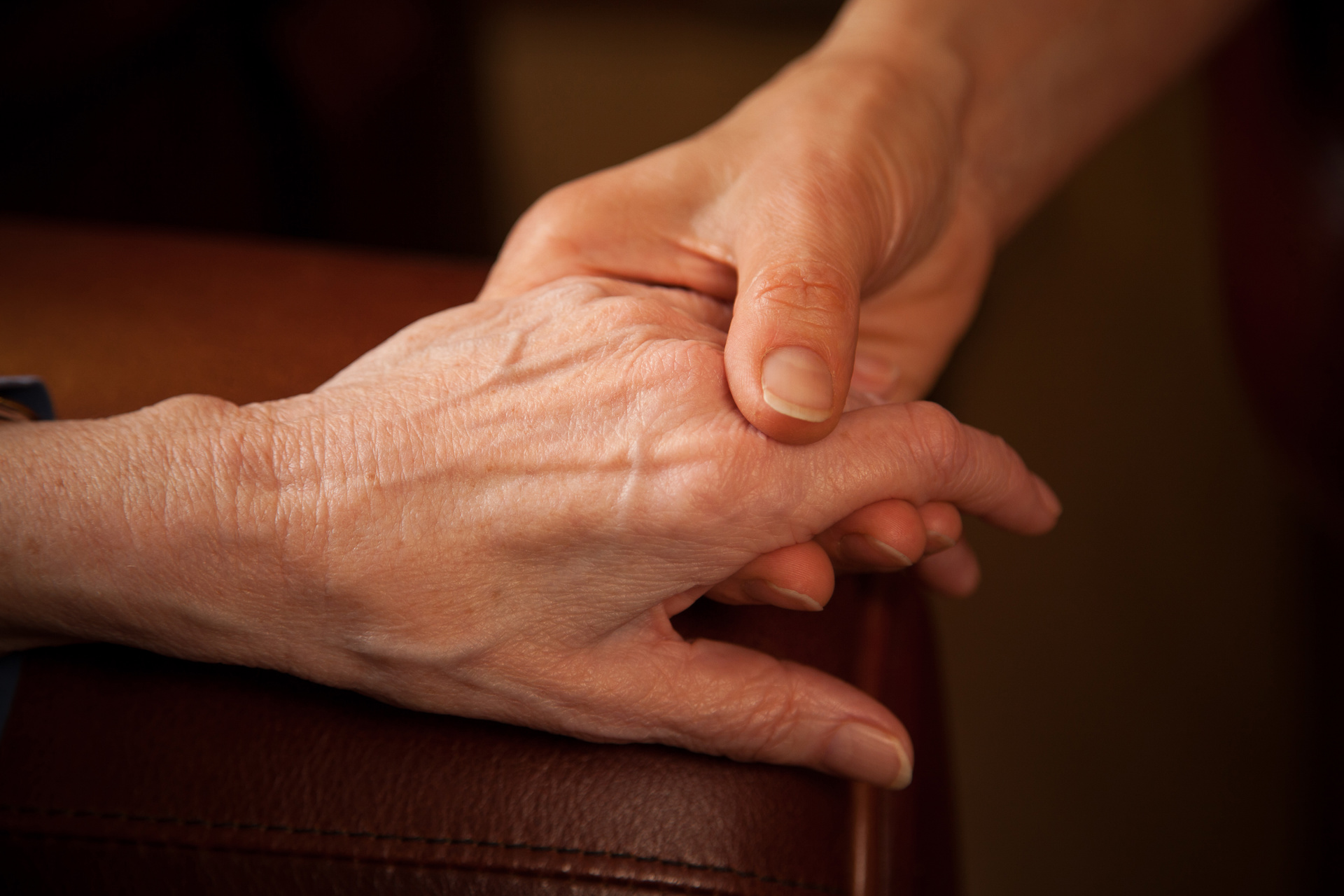Do you worry about the care for your elderly loved one?

Published: 19/07/2022

Signs your loved one may need care
For most of us, there will come a time when our loved one or family member requires care. It is often a difficult and daunting time, however, when the warning signs are spotted earlier, early prevention measures can be put in place to support your loved one to remain living in the comfort of their own home for as long as possible. Here are the common signs that may indicate time to consider care;
They are struggling to maintain their personal hygiene
A change in appearance or body odour may be a sign that your loved one needs support with their personal care. There are different reasons why someone may be struggling to maintain their usual personal hygiene standards; they no longer have the physical capabilities; their mental health issues are impacting their personal care routine or they have simply forgotten to wash and clean themselves daily.
Changes in their weight
If there is a 10% difference or more in body weight, this can be a sign that there is a problem. They may not be eating enough and losing weight as a result. This could be caused by difficulty preparing meals, feelings of loneliness or isolation impacting their appetite or forgetting to eat at mealtimes. Visiting them during meal times will give you a good indication of their eating habits.
Physical and mental changes
Physical changes can include bruises or bumps from falls, weight changes, changes in personal hygiene or all of the above. Whilst mental changes can include mood swings, withdrawal from social situations, or displaying new behaviours that seem out of character. Mental health problems can be experienced by people of all ages, so it is important to check in with your loved ones regularly to understand how they are feeling.
They are no longer able to perform daily tasks
Another key sign that your loved one may need care is that they are unable to carry out daily tasks. You might notice that their house is becoming very untidy. If they struggle with things such as making a cup of tea, showering, getting dressed or preparing meals, they could benefit from the support of a homecare plan.
Memory loss
Memory loss is typically associated with dementia. Although it can be a symptom of dementia, that is not always the case. If you are worried your loved one has dementia, it is best to seek advice from your GP. When treated early, people that are living with dementia can be supported to maintain their independence for longer.
Who is most likely to need care?
As adults age, it is more likely that they may need some additional support. Older adults may require help with day-to-day tasks, or they may need some companionship and a friendly face to share a cuppa.
Having the care conversation
Having a conversation with your loved one about care can be daunting, but it is important that you speak openly so you can discuss the options available together
What type of care services are there?
There are lots of different types of care services. The level of care that is required will depend on the individual needs of your loved one. Typically, when the signs that someone needs care are identified early on, people can be supported to remain in their own homes with the help of quality homecare services. At Right at Home Reigate and Crawley our services cover but are not limited to:
- Personal Care
- Companionship & Support
- Dementia Care
- Elderly Care
- Live-In Care
- Respite Care
- Hospital to Home Care
How can we help you or your loved one?
Our team at Right at Home Reigate and Crawley can support you and your loved one to develop a unique and personalised care plan that meets their needs and supports them to live a fulfilled life from the comfort of their own home. Our team can visit at home from as little as one hour to 24 hours a day, all dependent on your wishes.
If you think your loved one may need support or for more information on our homecare services, please contact a member of our friendly team.
